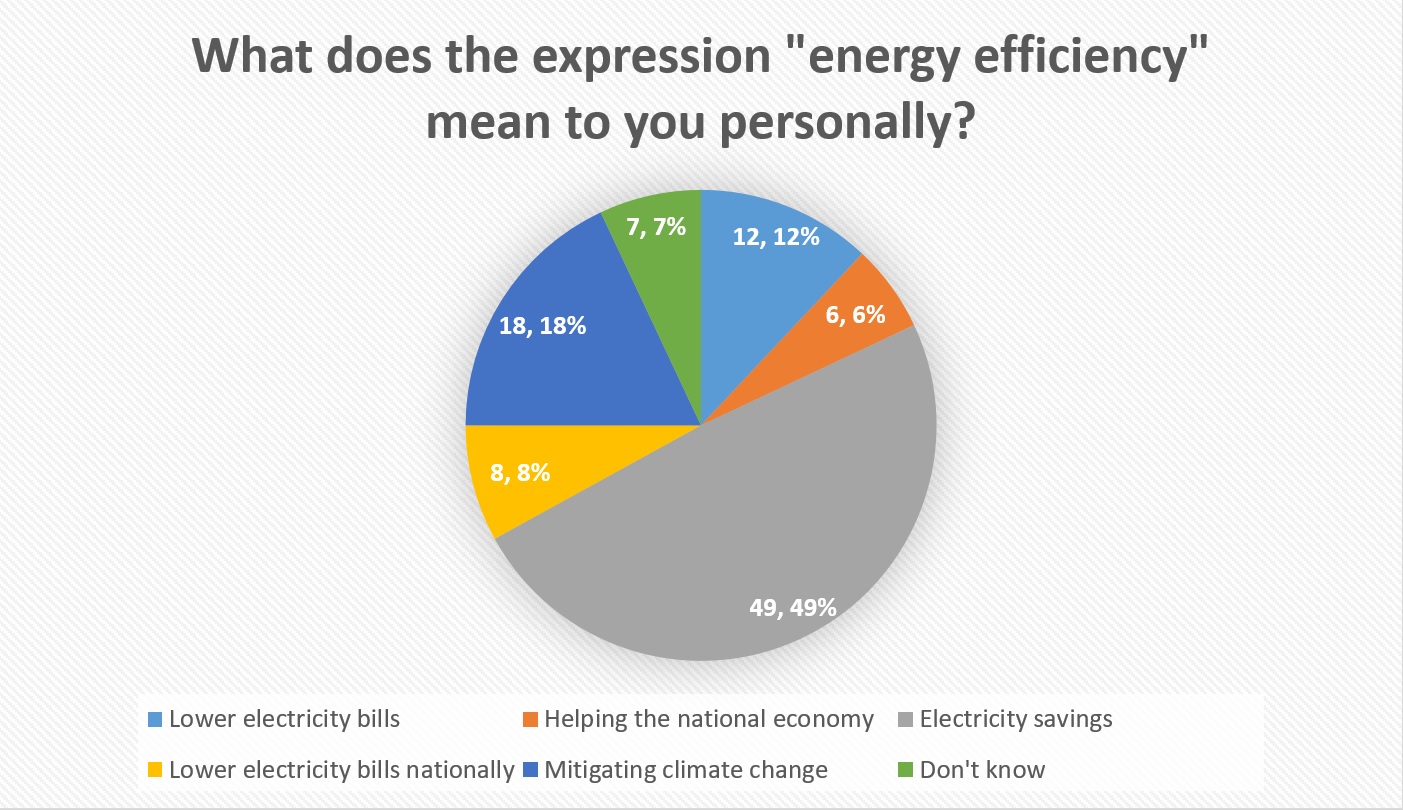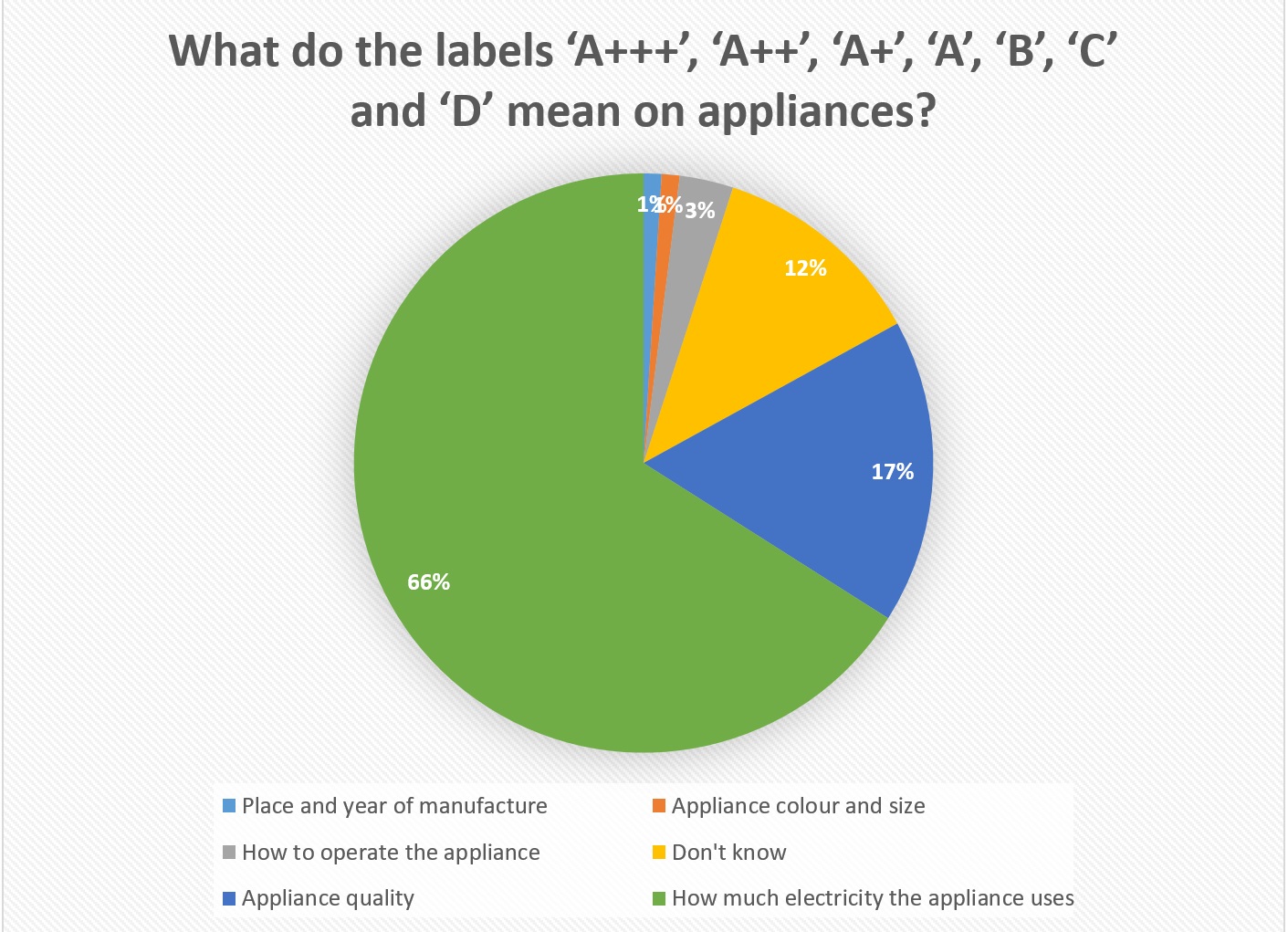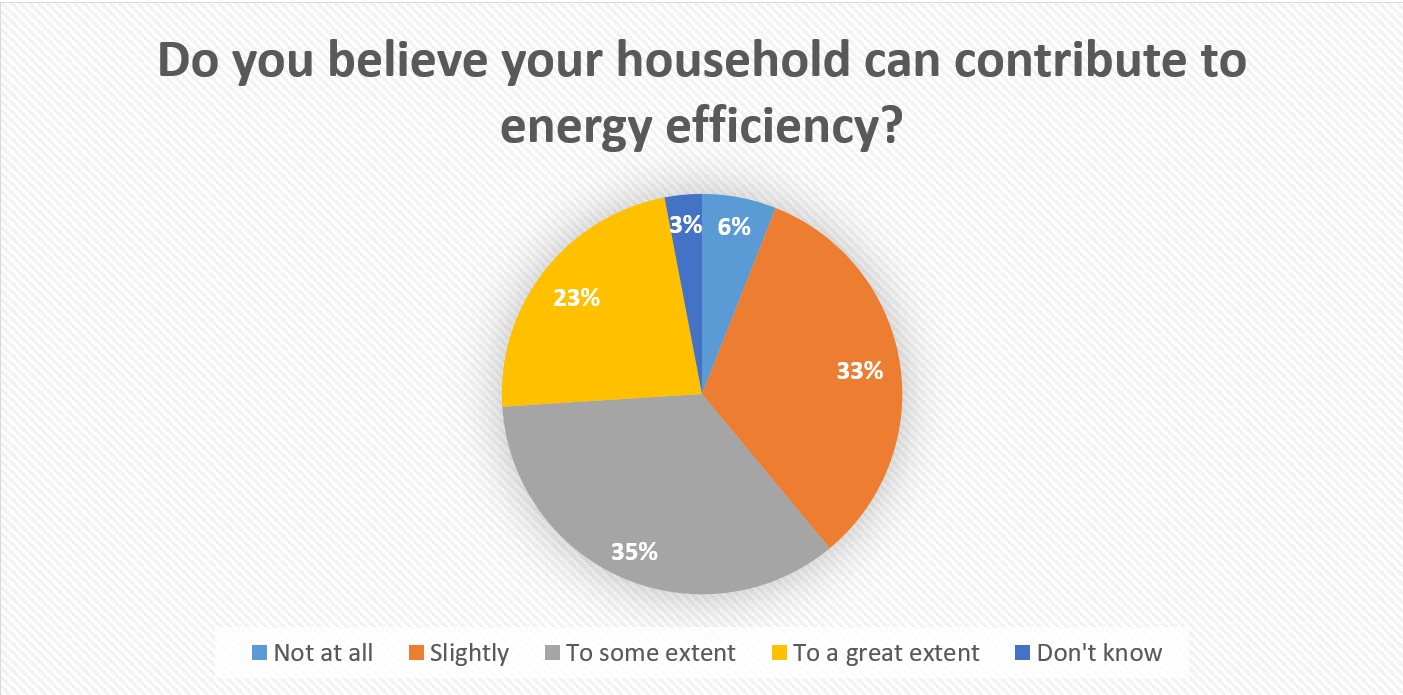The brand and price crucial in the purchase of household appliances for consumers in Serbia
The average Serbian consumer chooses household appliances by the brand and price – the survey on consumer purchase habits and familiarity with the energy efficient appliances conducted within the EU project “EU4Energy Labelling and Ecodesign” revealed.
When buying electrical appliances, consumers in Serbia are mostly influenced by the brand of manufacturer (33%) and price of the device (30% would choose the cheapest device). Low electricity consumption is of most importance for 13% of surveyed citizens, while for 6% of them it is the possibility of buying in instalments. Technical specification unrelated to energy efficiency was mentioned by every twentieth respondent, and 4% of them said that the choice was influenced by the seller's recommendation. In the largest percentage of cases, the citizens of Serbia do not plan to replace household appliances with new, more energy efficient ones in the upcoming period.
Even 77% of respondents know what the term „energy efficiency“ means, while 66% of respondents understand the meaning of energy labels on appliances they use, and 68% of citizens know that the device is more efficient if the energy efficiency class is marked in green colour.
Almost half of the respondents in households throughout Serbia (49%) associate the concept of energy efficiency with electricity savings (49%), 18% with mitigating climate change and 12% with reduction of electricity bills.
(A +++, A ++, A +, A, B, C, D) as information on electricity consumption, one part of them considers it information on the quality of devices (17%), while 12% do not know what these categories mean.

The majority of citizens (66%) understand the label for energy class (A+++, A++, A+, A, B, C, D) as information on electricity consumption, one part of them considers it information on the quality of devices (17%), while 12% do not know what these categories mean.

Most respondents, both in households and appliance stores, know that devices whose energy efficiency is marked green are energy efficient (78% of respondents at stores and 68% in households). One quarter of respondents in households and one fifth of those surveyed at appliance stores could not assess whether more energy efficient devices were marked in red or green.
The majority of Serbian citizens (68%) believe that their personal involvement can contribute to energy efficiency only to small extent, while only a quarter believe that their household can greatly contribute to energy efficiency. Pessimism regarding personal engagement in contributing to energy efficiency is common among people over the age of 60, pensioners, citizens with a lower level of education, young respondents aged 18 to 28, and students.

In order to fully familiarise the citizens of Serbia with the long-term benefits of using energy efficient appliances, as well as the meaning of energy labels, the project "EU4Energy Labelling and Ecodesign" envisages a campaign to raise citizens' awareness of energy labelling. The conducted consumer awareness survey will serve as a basis for its designing.
It is expected that the implementation of new regulations on energy labelling and ecodesign will bring to significant savings for consumers, which will be, depending on the appliance they buy, before long visible on their electricity and water bills.


